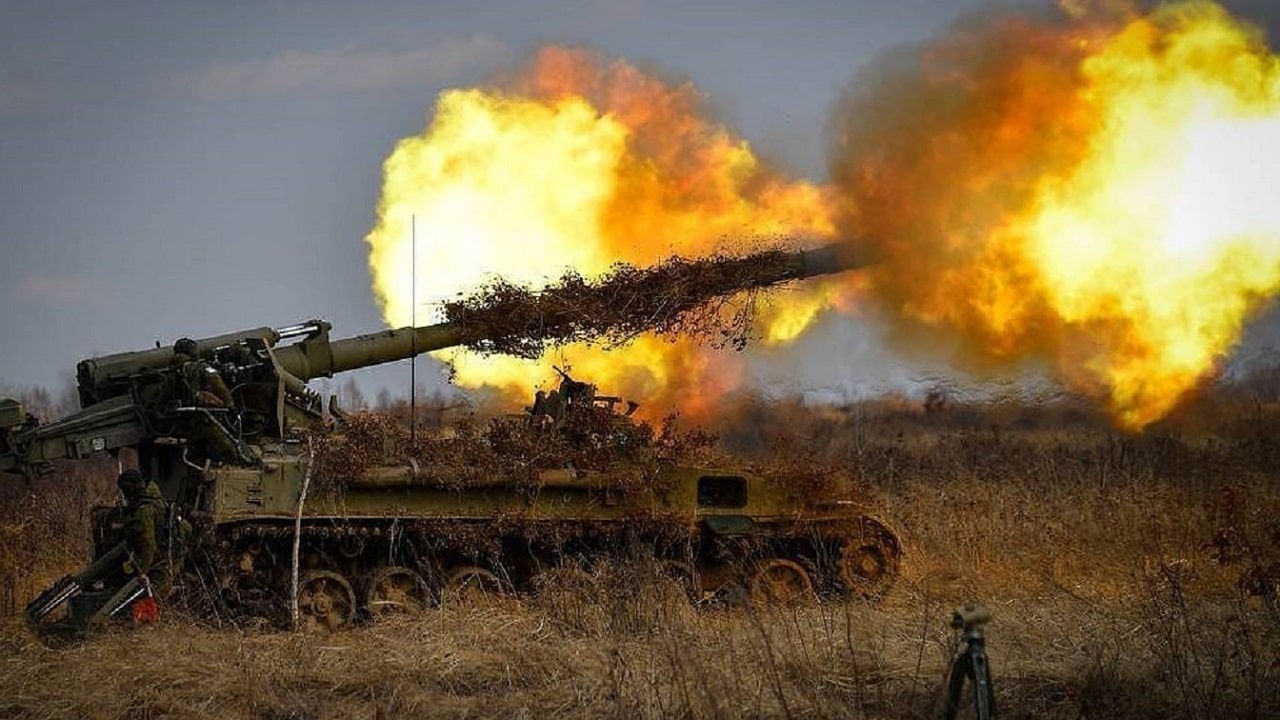During the Second World War in an effort to keep Jews from being sent to the camps, industrialist Oskar Schindler began to manufacture ammunition at his factory. Though it was intentionally unproductive and very little ordnance was actually produced, according to the film “Schindler’s List” all of the shells actually manufactured were purposely miscalibrated.
There may have been some dramatic license taken, but a question could now be asked whether some in Russia may have seen the film and opted to produce ammunition that would do the Kremlin’s forces little good. That almost seems to be the case following reports on social media that Russian soldiers have been receiving ammunition lacking any explosive payload.
Russian soldiers have been rather public in their complaints about the latest supply of ordnance sent to the front.
“Our commanders are angry: ‘Where are you shooting? Why is there no detonation?” an unidentified soldier can be heard in the video posted to X – the platform formerly known as Twitter. “We have dozens of these rounds, just arrived. They are not detonating—well, here’s the reason. It’s empty, no payload.”
It is unclear when or where the footage was recorded, or which of the ordnance was the subject of such scrutiny, but the Russian soldier was quite vocal in expressing his displeasure.
“With these rounds, we aren’t going to win this war, they are going to send us to our graves,” the soldiers added.
Shortage of Ordnance in Ukraine
Both Kyiv’s and Moscow’s forces have faced a shortage of ammunition in the now more than 19-month-long war, which at times has been little more than an artillery duel between the two sides.
There have been reports that Ukraine’s troops have struggled to maintain momentum following shortages of Western-supplied ordnance, as Kyiv has been burning through ammunition faster than it can be replenished – while the rate of fire has been so great that it has put a serious strain on the Howitzers and other guns.
The Kremlin has also faced shortages, and it has been forced to turn to North Korea to acquire tens of millions of artillery shells and rockets dating back to the Cold War. That was seen as a remarkable reversal from the 1950-53 Korean War when the Soviet Union provided the communist North with weapons and ammunition. Clearly, that secured the future of the regime in Pyongyang that was able to return the favor.
The reliability of those systems has been put in question, however.
Losses Mount From the Artillery Duels
It is just the shortage of ordnance that has been an issue for the respective forces.
Both sides have also lost significant numbers of artillery systems in the fighting. According to Newsweek, citing data from Ukraine’s General Staff on Wednesday, Russia has seen a total of 6,337 of its artillery systems destroyed in the war – while Moscow has claimed that Kyiv has 6,557 field artillery guns and mortars.
Neither of the claims has been independently verified, but it seems that each has sustained heavy losses in what will continue to be a war of attrition.
Author Experience and Expertise
A Senior Editor for 19FortyFive, Peter Suciu is a Michigan-based writer. He has contributed to more than four dozen magazines, newspapers, and websites with over 3,200 published pieces over a twenty-year career in journalism. He regularly writes about military hardware, firearms history, cybersecurity, politics, and international affairs. Peter is also a Contributing Writer for Forbes and Clearance Jobs. You can follow him on Twitter: @PeterSuciu.

